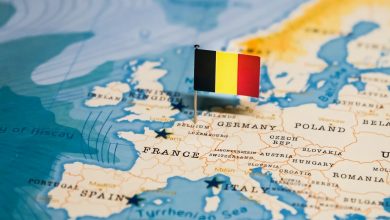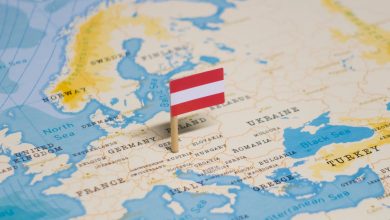Bulgaria

• Population: Approximately 6.9 million people (as of 2022).
• Capital: Sofia.
• Official Language: Bulgarian.
• Area: Approximately 110,994 square kilometers.
• Government: Parliamentary republic.
• Currency: Bulgarian Lev (BGN).
• GDP (Gross Domestic Product): Bulgaria has a developing economy with a GDP per capita lower than the EU average.
• Economy: Bulgaria’s economy is diversified, with key sectors including manufacturing, agriculture, services, and tourism.
• Main Exports: Machinery and equipment, food and beverages, chemicals, textiles, and clothing.
• Landmarks: Bulgaria is known for its rich history and cultural heritage, with landmarks such as the ancient city of Plovdiv, the Rila Monastery, and the historic town of Nessebar, a UNESCO World Heritage site.
• Cuisine: Bulgarian cuisine is characterized by dishes such as Shopska salad, Banitsa (a pastry filled with cheese), and Kebapche (grilled minced meat).
• Transportation: Bulgaria has a network of highways, railways, and public transportation systems connecting major cities and towns. Sofia and Varna are important transportation hubs.
• Education: Bulgaria has a comprehensive education system, with both public and private institutions offering primary, secondary, and higher education.
• Healthcare: Bulgaria has a universal healthcare system, providing medical care to its residents through a combination of public and private healthcare providers.
• Environment: Bulgaria is known for its diverse landscapes, including mountains, forests, and coastal areas along the Black Sea. Efforts are being made to promote environmental conservation and sustainable development.

